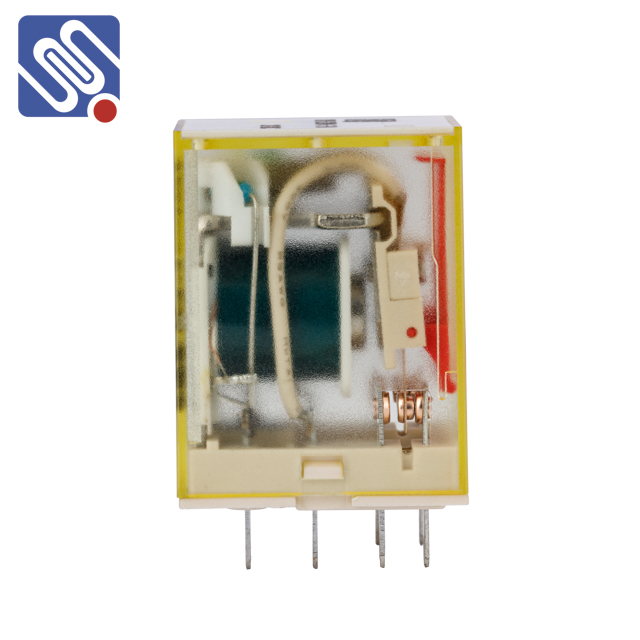Industrial relays are fundamental components in the world of industrial automation and control systems. These devices are designed to control circuits by switching electrical loads on or off with a low-power signal. Relays act as intermediaries between low-power control systems and high-power machinery or equipment, making them essential in countless industrial applications. This article delves into the types, features, applications, and importance of industrial relays in modern industries.

What is an Industrial Relay? An industrial relay is an electrically operated switch that uses an electromagnet, semiconductor, or other mechanisms to control high-power devices or circuits. The primary function of a relay is to control a large electrical load with a smaller current, which is typically provided by a control circuit. When a control signal is received, the relay switches its contacts, either opening or closing the circuit, to allow or interrupt the flow of electricity to the connected machinery or device. Relays are widely used in industrial systems to automate and manage processes efficiently and safely. Their applications can range from motor control to protection of sensitive equipment, making them indispensable in various industrial settings.
Leave a Reply
You must be logged in to post a comment.